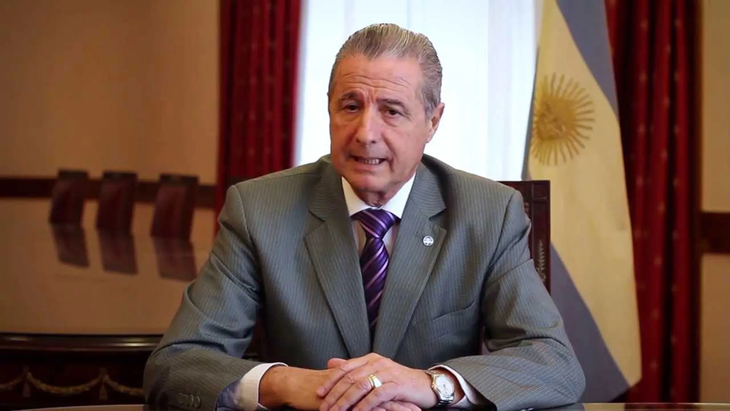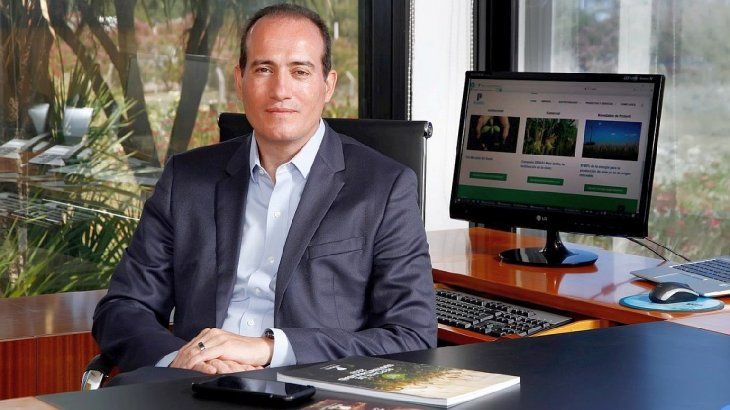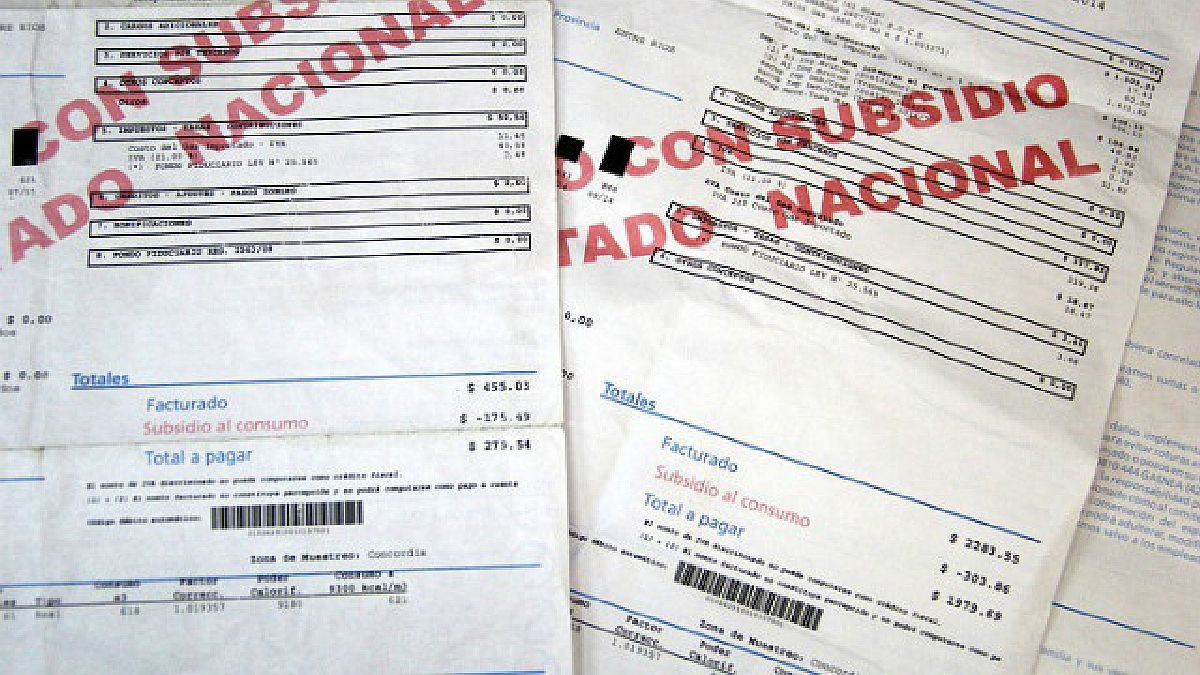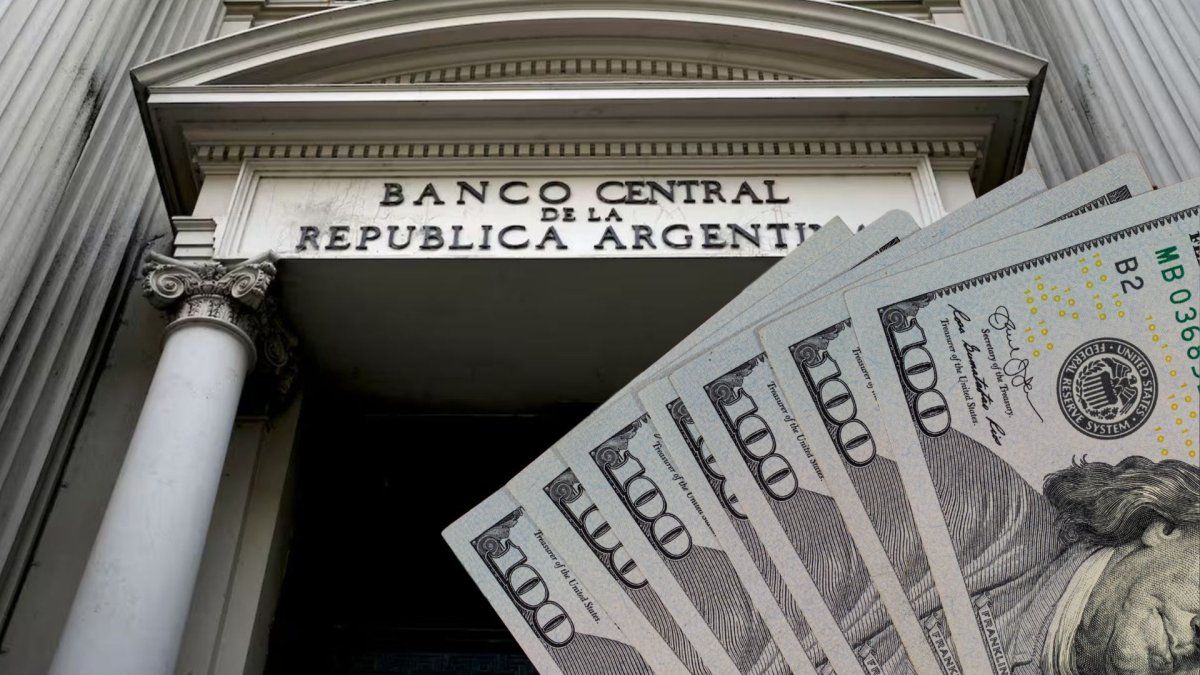What the Government plans to do with subsidies and electricity and gas rates
Until now, users have been able to pay up to 80% of the energy they consume, but according to Tettamanti, a new tariff and subsidy policy will be implemented starting next April. Chirillo and Arrué’s intention was to apply a 40% increase for distributors starting in January, but the Ministry of Economy stopped it because they considered it excessive and inflationary. Rolando will have to balance.
“Probably now the transition period of the current segmentation scheme in N1, N2 and N3 will be extended, but the final idea is to go to a focused rate, which is the closest thing to a social rate”said Tettamanti when speaking at the opening of the Energy Day organized by EconoJournal.
Maria del Carmen Tettamanti
Courtesy Econojournal
The official anticipated that the current subsidy scheme will be extended until April 2025 and then go to a targeted rate. “The subsidy for people who need it will promote efficiency in use. That is, we want there to be a minimum subsidized block, but from there the real cost of production, transportation and distribution begins to appear in the rate,” Tettamanti remarked.
In this context, the secretary explained that “This subsidized block reflects a little better the differences in consumption needs that families have in different Argentine geographies due to the climate issue. “It already exists in natural gas, but not in electric energy.”
Tettamanti also revealed that he has already started working on the Comprehensive Tariff Review (RTI) quinquennial with Osvaldo Rolando. “The value of the rates must come from a calculation that respects a methodology established by the entities. I think it shouldn’t be difficult to get out of this situation. I was working a lot with Osvaldo Rolando on the rates of Edesur, Edenor and Transener. Regarding natural gas rates, we have had a couple of meetings, but we have not made much progress, but I am convinced that this review must be done,” she said.
When she was asked about the times to apply the RTI, she avoided giving dates and details. “We will see at what pace it can be done. Yes, it can be done in one go or in two or three steps as was done in the 2017 RTI. Sometimes you are very clear about where you want to get to, but you have to see in what time. It is as if one is in Buenos Aires and wants to get to Mar del Plata. What time can it take to arrive? Do you have a perfectly paved highway and do you have a latest model car or do you have a well-paved road with a car that stops every now and then? Rates must be determined by the principles of the law. The rate must be fair and reasonable, cover costs and guarantee profitability.”held.
Who is Osvaldo Rolando, new ENRE auditor?
Osvaldo Rolando is an electrical engineer from the National Technological University (UTN)with postgraduate degrees at the University of Buenos Aires, the UCA and the UTN. He has more than 45 years of experience in the electrical sector: he worked in the state SEGBAbecame Technical Director of Edesurand was general manager of SACMEthe company responsible for the operation of the AMBA High Voltage system.
Osvaldo Rolando ENRE electricity controller

He was also president of ADEERA between 2011 and 2015 and former Undersecretary of Thermal Energy, Transportation and Electrical Distribution of the Ministry of Energy of the government of Mauricio Macri. He was currently an advisor to the vice president of CAMMESA, Mario Cairella.
Rolando’s central objective will be to modify the electricity tariff policy so that it is consistent with a macroeconomic policy that has lowering inflation as a priority. In the coming weeks he will be the protagonist of a mega tender for private works for the transportation of electrical energy. According to Daniel González, The total deficit to improve the electrical service is US$10,000 million.
Former CEO of Profertil is the new Undersecretary of Liquid Fuels
In parallel, with the Decree 1,063/2024 de Milei replaced the electromechanical engineer Luis Francisco De Ridder of the position of Undersecretary of Liquid Fuels of the Ministry of Energy by the chemical engineer Horacio Federico Veller.
Veller has 25 years of experience in the chemical, petrochemical, energy and fertilizer industries; He worked for more than 20 years at YPF and was CEO of Profertil until 2022.
Federico Veller Profertil.jpg

Federico Veller, CEO of Profertil SA and president of the Chamber of the Chemical and Petrochemical Industry (CIQyP)
“I was lucky to live different organizational cultures in large corporations. I was also lucky to learn from great leaders in the industry, to whom I will always be very grateful and consider them my mentors,” he describes himself on his Linkedin profile.
Veller was born in the Corrientes town of Paso de los Libres, he studied at the National University of Mar del Plata and graduated in 2014 from the management development program of the IAE Business School. He joined YPF in 1997, where he held positions in Argentina and Spain, until Profertil joined.
“I have led large and small teams, also boards of directors, both of companies, as well as an active member and reference in industry associations. I always did it with closeness, active listening, motivating, developing, seeking for the group to improve and excel. Likewise, throughout these years, I have had the opportunity to mentor other professionals and students, sharing experiences and helping them to improve themselves. I have approached each of these activities in the same way: with love, passion, and values. “Veller added.
New fuel increase throughout the country
The new official Veller simultaneously took over a new increase in fuel prices throughout the country, which was between 1.8% and 2.88% depending on the company and the region, as anticipated by Energy Report.
The increase in gasoline and diesel applied since December 1 occurs for the second consecutive month, leaving behind the drop in prices in October due to the reduction in international values.
The increase is linked to the monthly devaluation of the official exchange rate, the rise in the price of a barrel of oil in the international market and the 1% increase in the tax on liquid fuels (ICL) and carbon dioxide, which was already made official through Decree 1059/24.
Source: Ambito
David William is a talented author who has made a name for himself in the world of writing. He is a professional author who writes on a wide range of topics, from general interest to opinion news. David is currently working as a writer at 24 hours worlds where he brings his unique perspective and in-depth research to his articles, making them both informative and engaging.




